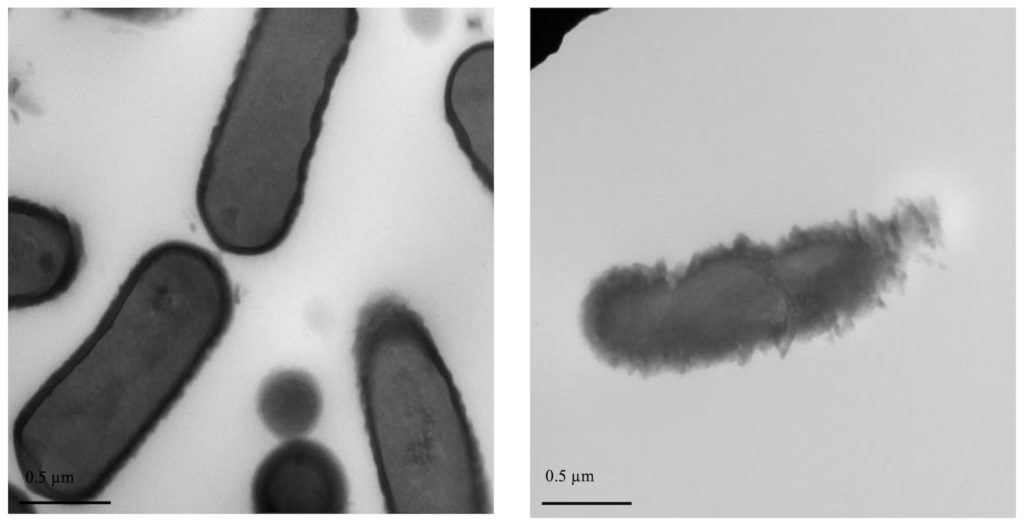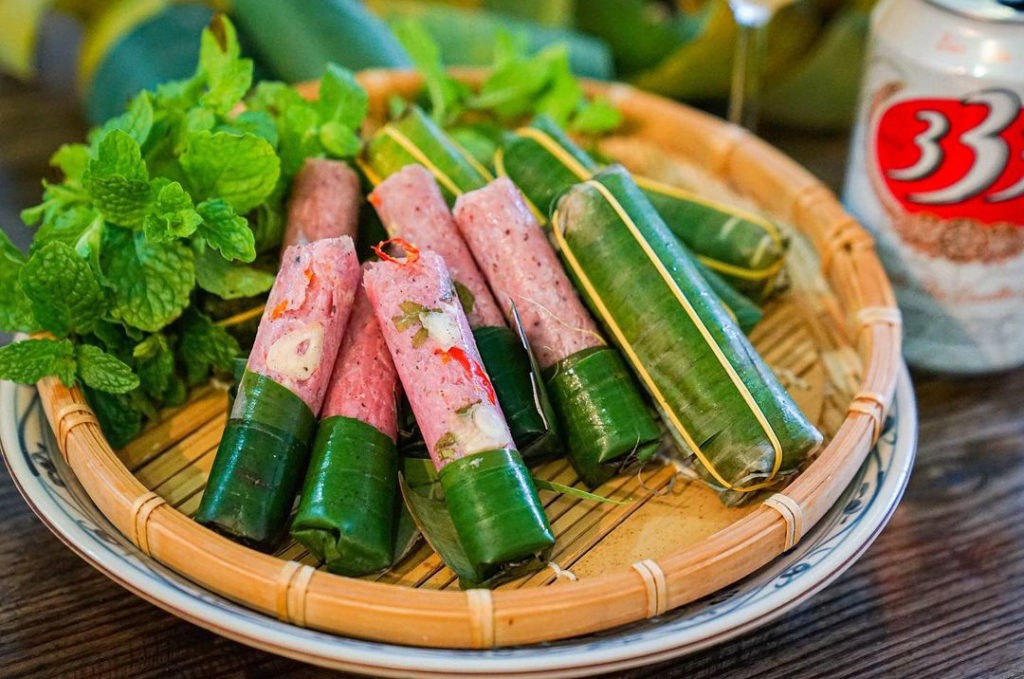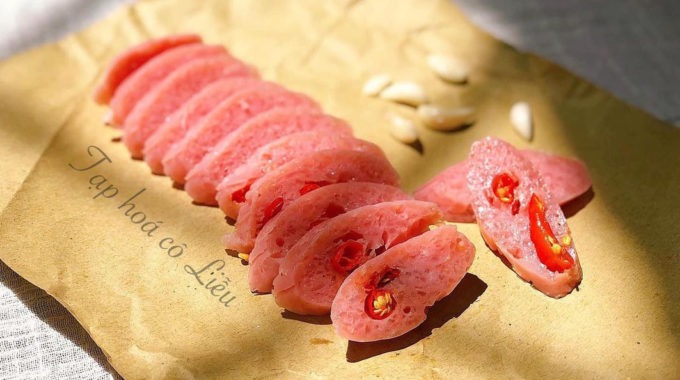The secret to keeping food fresh, naturally
A traditional Vietnamese meat may be the secret to keeping food fresh without chemicals. Nem chua, a fermented pork snack, could hold the key to developing a safe, natural food preservative, addressing the twin global problems of food waste and food-borne illness.
Nem chua is eaten raw. However, it doesn’t cause food poisoning when prepared correctly. This is because friendly bacteria that thrive in the fermented meat make a special compound that destroys more dangerous bacteria. Now researchers at RMIT University have shown how this bacteria-killing compound could be used for keeping food fresh for longer. This could offer a natural way to reduce both food poisoning and food waste.
Co-lead researcher Professor Oliver Jones says that changes in consumer habits have led to a greater demand for natural alternatives to artificial food preservatives.
“Scientists have known about these bacteria-killing compounds for many years,” he says. “But the challenge is to produce them in large enough quantities to be used by the food industry. The nem chua compound is colourless, odourless, tasteless and very resilient.
“Through this research, we’ve identified the right growth conditions that would enable us to make it in large amounts, potentially at industrial scales. With further development, we hope it will be an effective, safe, natural solution for food waste and food-borne disease.”

Bacteria-killing weapon
A group of RMIT researchers was inspired to investigate nem chua for its potential antibacterial properties after travelling to Vietnam and observing people eating the raw meat snack without getting sick, despite the hot and humid climate. The team discovered a new type of bacteria-killing compound in nem chua known as plantacyclin B21AG. This is one of a group of compounds known as bacteriocins. Bacteria produce bacteriocins to destroy rival strains. Bacteriocins form holes in the membranes of target bacteria. The holes cause the contents of the cell to leak out – effectively killing the bacteria.
The problem is that most bacteriocins only work against one or two types of bacteria. They’re also usually not very stable in different environmental conditions. Only one – Nisin, which came to market in the 1960s – is currently licensed for use as a food preservative. However, this compound is temperature and pH-sensitive, limiting its use.

Tough and effective
The nem chua-derived compound is more robust than Nisin. It’s also effective against a wide range of bacteria, even after exposure to food processing environments. It can survive being heated to 90°C for 20 minutes, and remains stable across high and low pH levels.
The compound also destroys disease-causing organisms commonly found in food. This includes the potentially life-threating Listeria, which can survive refrigeration and freezing.
“Using bacteriocins as food preservatives effectively means we’re turning bacteria’s own toxic weapons against them,” says co-lead researcher Dr Elvina Parlindungan. “We’re harnessing nature’s smart solutions to tackle our big challenges. In the future, these compounds might also be useful as an antibiotic in human medicine.”
Researchers at RMIT’s School of Science have begun experimenting with methods to further purify the compound. They are planning to incorporate it into test food products.









